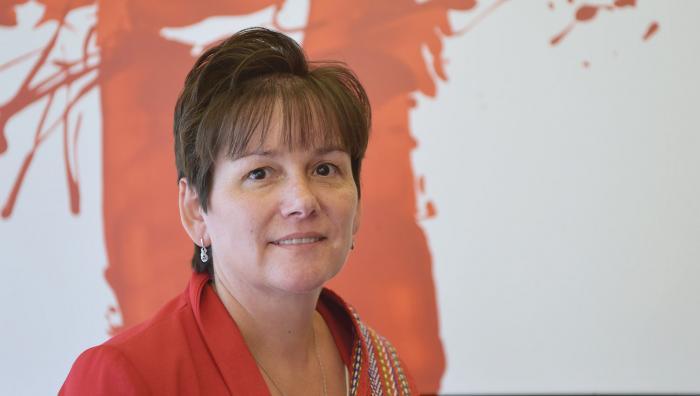
Most of us are aware of the horrific wildfires that devastated many areas of B.C. in 2017, but do we really understand the trauma this caused workers who were directly affected?
Post-Traumatic Stress Disorder (PTSD) isn’t always recognized – especially for health care workers who often undergo traumatic events.
This was the case for care aide Barbara Clark who experienced profound distress two summers ago during the Interior wildfires and who recently shared her story at the Canadian Mental Health Association’s Bottom Line Conference.
Clark remembers, “It was just a regular sunny day with high winds in the forecast” before her world turned upside down.
Separated from her family in Cache Creek and working at Ashcroft General Hospital, Clark experienced downed phone lines, fear for her family and home, concern for her residents, and possible evacuation.
“I didn’t know where I should be,” she says. “I was torn between the responsibility to stay at work or be with my family who were facing the fires.”
Unable to get home she was directed to Kamloops, still wearing her scrubs. And then she was evacuated.
“I had a complete meltdown the day after I was evacuated. I wasn’t thinking clearly. It was so busy I just put it away.”
Barbara was evacuated for 11 days. And she spent her vacation working eight days straight in Merritt where her residents had been relocated as that is “where I needed to be”.
She didn’t know she was suffering from PTSD until speaking with a counselor two weeks after returning to work. “When you think of people having PTSD you think of them coming on an accident scene or something totally horrific,” says Clark, “so I thought I was just being overly dramatic by being upset. I was kind of shocked and then embarrassed because for me it meant I had a weakness.”
Barbara’s message, “If you are at work and feel anxiety and pressure after facing something traumatic, you need to get help right away.”
by Ann Johansson